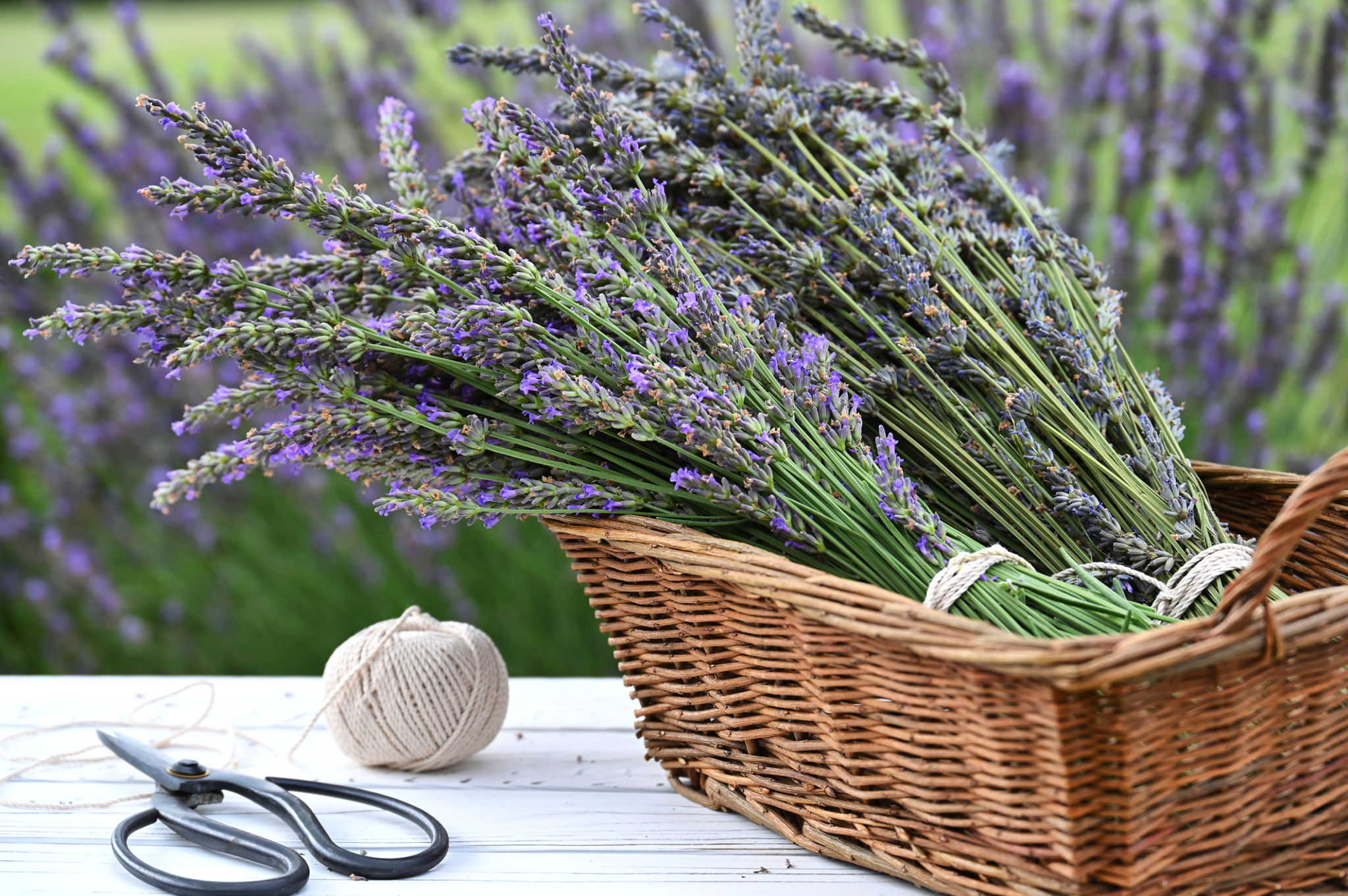DIY Urban Gardening Tips for Beginners: Start Your Green Journey Today
Why Start Urban Gardening?
Urban gardening is more than just a trend—it's a sustainable way to produce fresh, healthy food right at home. For people living in spaces where land is limited, urban gardening offers a wonderful opportunity to connect with nature and reduce their carbon footprint. Whether you're looking to grow herbs for your kitchen or dream of a lush balcony garden, getting started is easier than you might think.
One of the most significant benefits of urban gardening is the ability to grow your own produce. This means you can enjoy fresher and more nutritious food without the reliance on store-bought options that might have traveled long distances. Plus, urban gardening can be a therapeutic hobby that helps reduce stress and improve mental well-being.

Choosing the Right Plants
When beginning your urban gardening journey, choosing the right plants is crucial. Start by considering the amount of sunlight your space receives. Most vegetables and herbs require at least 6 to 8 hours of sunlight daily, so choose accordingly.
If you're new to gardening, consider starting with easy-to-grow plants such as basil, mint, and lettuce. These plants are not only hardy but also offer a quick harvest, giving you the satisfaction of success early on. As you gain confidence, you can expand your garden to include other varieties like tomatoes, peppers, or even dwarf fruit trees.
Assess Your Space
The amount of space you have will dictate the type of garden you can create. For those with balconies or small patios, container gardening is an excellent option. Containers can range from traditional pots to creative repurposed items like old buckets or wooden crates.

Soil and Nutrients
The foundation of any good garden is quality soil. Consider purchasing a high-quality potting mix that includes organic matter and good drainage properties. This will provide your plants with the nutrients they need to thrive.
Additionally, adding compost to your soil can improve its structure and nutrient content. Composting your kitchen scraps is not only environmentally friendly but also provides a cost-effective way to enrich your soil over time.
Watering and Maintenance
Proper watering is essential for a healthy garden. One common mistake beginners make is overwatering their plants. Ensure pots have drainage holes and only water when the top inch of soil feels dry. Consider setting up a simple drip irrigation system for consistent watering.

Regular maintenance is key to success in urban gardening. This includes weeding, pruning, and checking for pests. By staying vigilant, you can address issues before they become bigger problems.
Maximizing Limited Spaces
If space is at a premium, consider vertical gardening techniques. Using shelves, wall planters, or trellises can help maximize your growing area without taking up additional floor space. This approach works well for vining plants like cucumbers or trailing flowers such as nasturtiums.
Additionally, explore the concept of companion planting to make the most of your garden space. Some plants thrive when grown together, enhancing growth and deterring pests naturally.

Embrace the Learning Journey
Remember that every gardener starts as a beginner. Embrace the learning process and don't be afraid to experiment. Keep a journal of what works and what doesn't, and use this knowledge to improve your garden each season.
Joining local gardening clubs or online forums can also provide valuable insights and support as you navigate this green journey. Sharing experiences with fellow gardeners can inspire new ideas and techniques.
Urban gardening offers a rewarding experience that not only provides fresh produce but also fosters a deeper connection with nature. Start small, be patient, and enjoy the fruits (and vegetables) of your labor!
